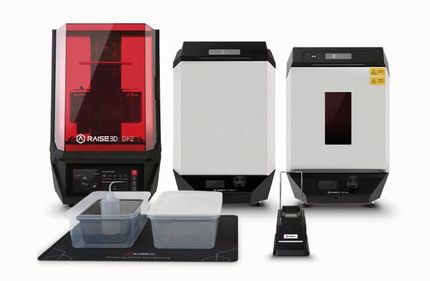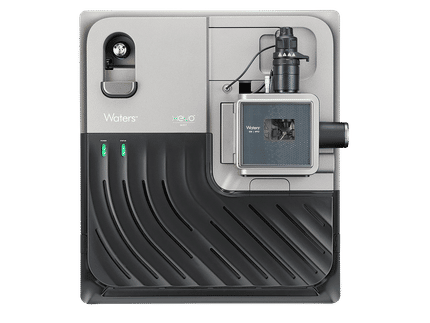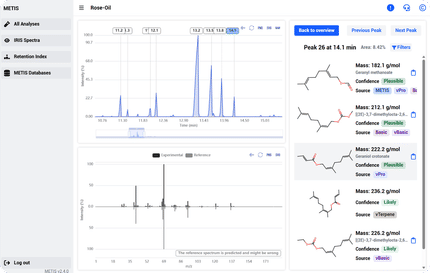To use all functions of this page, please activate cookies in your browser.
my.chemeurope.com
With an accout for my.chemeurope.com you can always see everything at a glance – and you can configure your own website and individual newsletter.
- My watch list
- My saved searches
- My saved topics
- My newsletter
Monte Carlo projectThe Monte Carlo project was a research project carried out within the Fifth Framework Programme FP5 of the EU Commission between 2000 and 2003. It was aimed at developing, validating and applying probabilistic modelling of human exposure to food chemicals and nutrients. The project used the nondeterministic approach of the Monte Carlo method to assess human exposure to food chemicals and nutrients. Product highlightParticipantsThe following seven European institutions participated in the project:
AchievementsThe Monte Carlo project developed a software program used for probabilistic modelling of chemical food intake. Data sets used to perform probabilistic risk assessments were collected. The research results of the project enable European and US government agencies, universities and R&D departments of food companies to use validated and peer-reviewed exposure models for food chemicals and nutrients. Software
|
| This article is licensed under the GNU Free Documentation License. It uses material from the Wikipedia article "Monte_Carlo_project". A list of authors is available in Wikipedia. |







